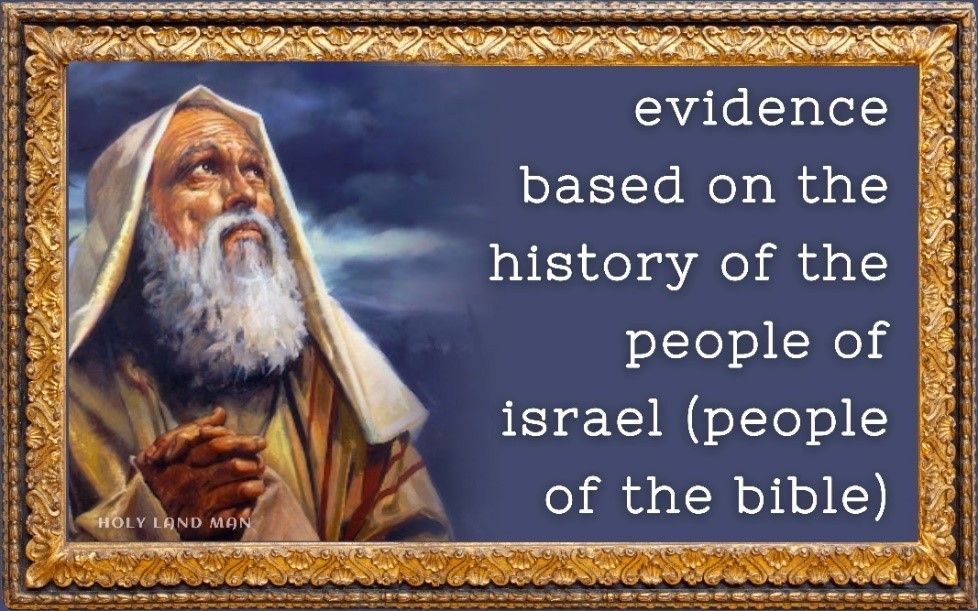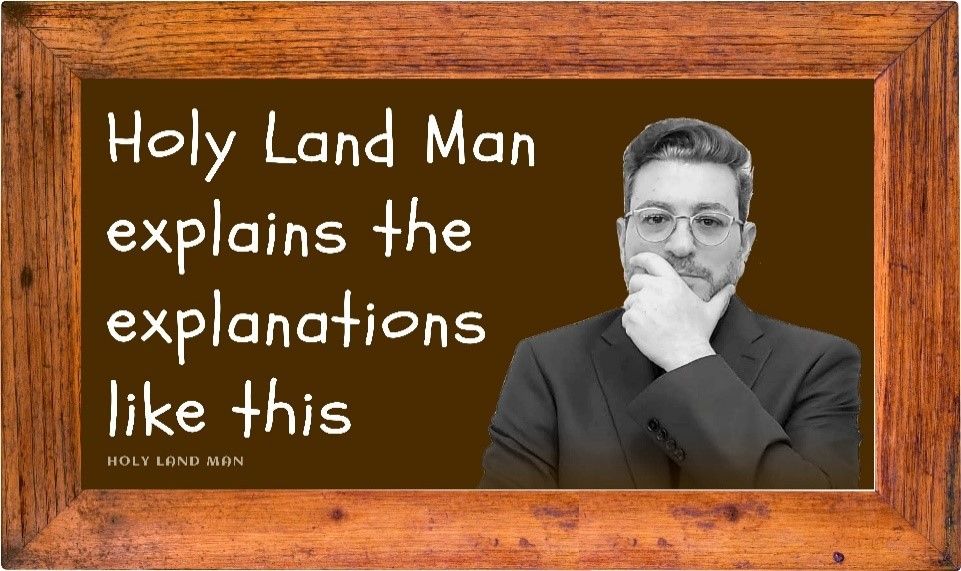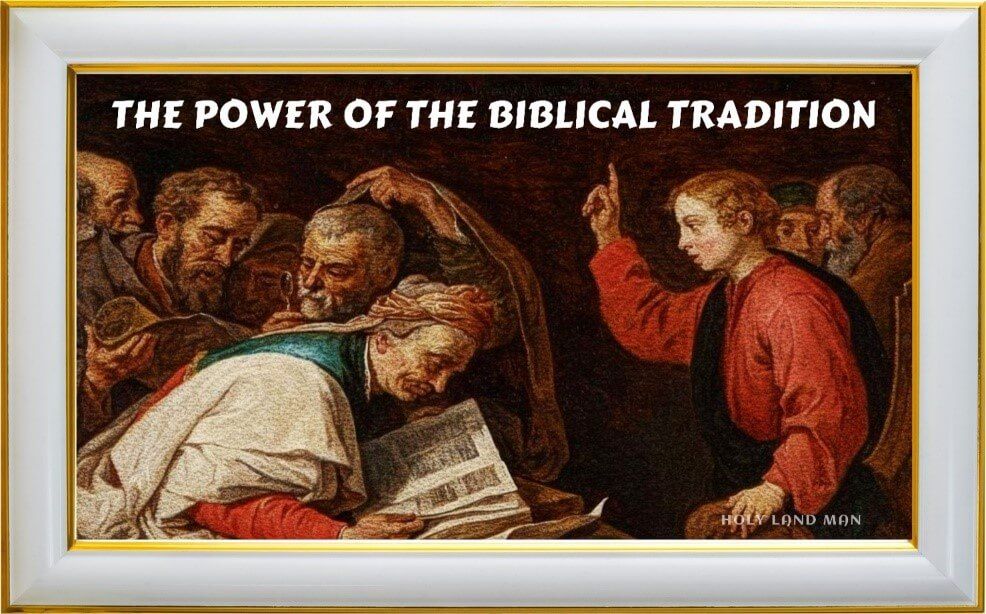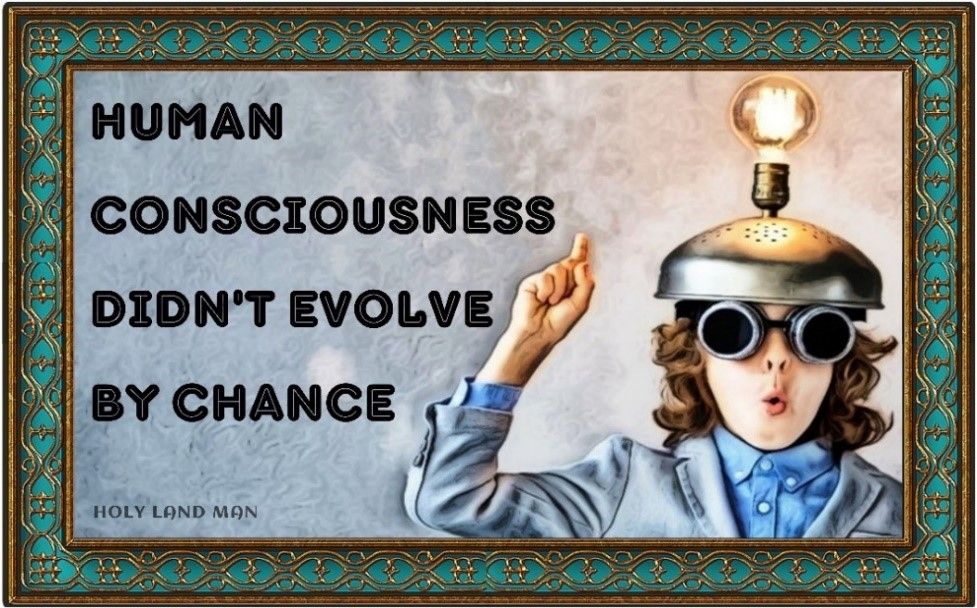Another criticism against the witnesses argument is the claim that perhaps the tradition developed gradually and slowly over time. Not that anyone came and fabricated all the stories from his heart and succeeded in convincing the people with the vigor of the stories, but that there were myths and legends that circulated orally among the People of Israel over the generations, and over time these stories crystallized and changed until they were transcribed in the Torah. In this case, there is almost no connection between the real events and the narrator in the Torah that we have today.
The answer to that is, first, that it is a “maybe” claim: Maybe it was so and so, maybe it was different. There is no evidence to support this theory or to give it priority over the traditional approach. As we have seen above, tradition is the default, and whoever wants to challenge it, the burden of proof is on him to deliver it.
Throughout the history we know, the People of Israel have treated the stories of the Torah as truth and the Exodus as a historical fact. Anyone who wants to claim that there were early stages in which these were only folk tales, different from those that appear in the Bible, must bring evidence for this, and such evidence is not available. In the same way, countless skeptical conspiracy theories can be raised on any subject in the world (perhaps your parents are not really your parents, etc.), but there is no reason to prefer them over tradition, which expresses national memory and trust in fathers.
Second, even if it is said that the stories of the Torah do not constitute an accurate description of the events, then in any case a core of historical truth must have been in events in order for them to be accepted – otherwise, those stories would not have circulated among the People of Israel in the first place. This nucleus of truth includes the events of the Exodus from Egypt and the divine revelation that wrought them.
As we have seen above, the anomalies of these stories against the background of the period, the uniqueness of the mass and prolonged divine revelation, the sharp theological differences compared to other peoples, the negative way it is presented with Israel throughout the Torah, the knowledge of lifestyles at that time and other details. Therefore, even if one doubts certain details, the central core remains, according to which GOD was revealed to the People of Israel, brought them out of Egypt, and gave them the Torah.
Additionally, this nucleus of information is enough to base Judaism on, for if one accepts the reality of GOD and his providence, it is easy to believe that he will also oversee the course of historical events and direct them, in order that the tradition and Torah that will develop and be accepted by the People of Israel will be the ones that express his will. In fact, if we believe in special divine providence over the People of Israel – evident throughout its unique history – then the question of the historical accuracy of the Bible stories and how they develop become irrelevant. The essence of those stories is the divine message that Providence wants us to learn from, not the question of what exactly happened in practice thousands of years ago.










